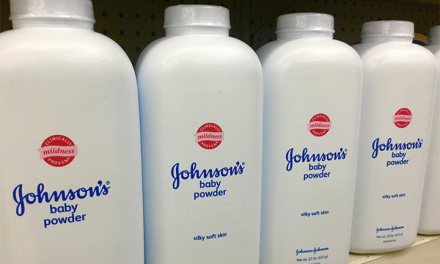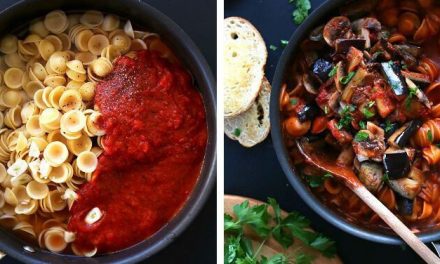In South America, Yerba Mate has been grown and taken medicinally for centuries. Researchers have shown that use of the herb over an extended period had significant effects on body weight and weight gain and was associated with lower levels of blood lipids and insulin in obese mice fed a high-fat diet.
RELATED STORY:

Some of the most important antioxidant enzymes in the body are induced by mate. It is rich in polyphenols and displays high antioxidant activity. It’s also a cancer killer. Mate tea drinkers experience a significant increase in the activity of an enzyme that promotes HDL (good) cholesterol which prevents fats from oxidizing. Mate is traditionally steeped and served in a hollow calabash gourd (itself called a mate) and drunk through a metal straw called a bombilla. You can also make mate in a standard automatic coffee maker. Just put the mate where you would normally put the coffee grounds.
RELATED STORY:
This new study, which supports the anti-obesity effect of long-term supplementation with yerba mate, and its beneficial effects on related metabolic disorders, is published in Journal of Medicinal Food, a peer-reviewed journal from Mary Ann Liebert, Inc., publishers. The article is available free on the Journal of Medicinal Food website.
Myung-Sook Choi, Hyo Jin Park, Sang Ryong Kim, Do Yeon Kim, and Un Ju Jung, from KyungPook National University (Daegu) and Pukyong National University (Busan), Republic of Korea coauthored the article entitled “Long-Term Dietary Supplementation with Yerba Mate Ameliorates Diet-Induced Obesity and Metabolic Disorders in Mice by Regulating Energy Expenditure and Lipid Metabolism.” The researchers compared measures including weight gain/loss, energy expenditure, gene expression in fat tissue, lipid levels in the blood, liver, and feces, and blood insulin levels as an indication of insulin resistance in animals with diet-induced obesity who did or did not receive supplementation with dietary yerba mate.
“Obesity and diabetes have become problems that can’t be managed by pharmaceuticals alone. This study suggests a safe alternative to managing weight and reducing blood lipids and glucose,” says Journal of Medicinal Food Editor-in-Chief Sampath Parthasarathy, MBA, PhD, Florida Hospital Chair in Cardiovascular Sciences and Interim Associate Dean, College of Medicine, University of Central Florida.
*Article originally appeared at Prevent Disease.












